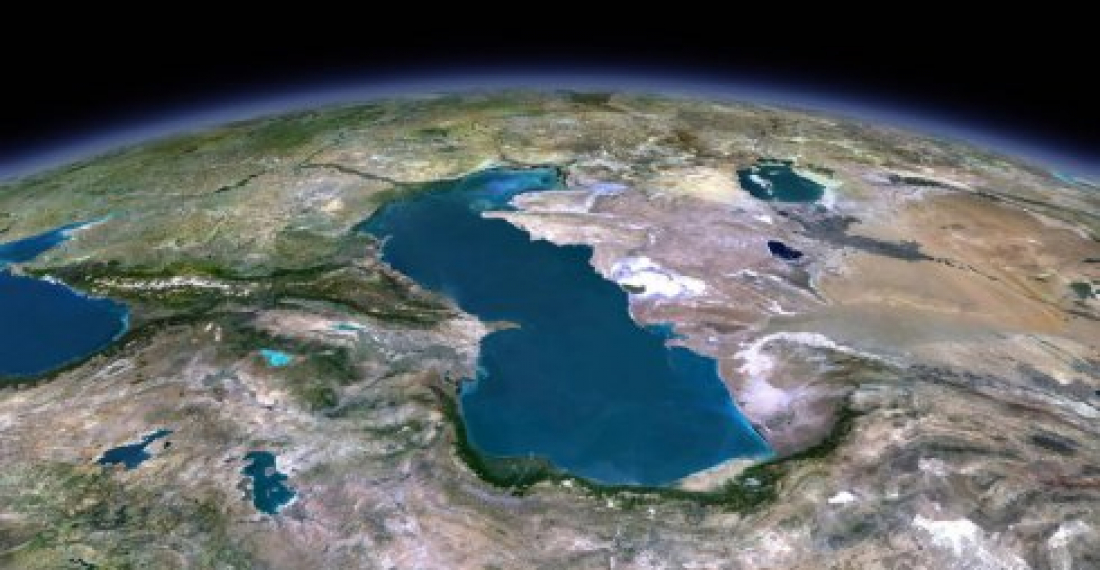After twenty years of discussions the Caspian littoral states will meet in Aktau ion Sunday (12 August) to sign a new convention, But a discussion on whether the mass of water is a sea or a lake has been circumvented. "It is neither one nor the other. The Caspian Sea will have a special legal status. This is explained by a set of specific geographic, hydrological and other characteristics. It is an inland water body that does not have a direct connection with the world's oceans, and therefore can not be considered as a sea. But at the same time, due to its size, water composition and bottom features, the Caspian can not be considered a lake. In this connection, both the provisions of the United Nations Convention on the Law of the Sea of 1982 and the principles applied to transboundary lakes are not applicable to the Caspian Sea: only its bottom is delineated in sectors, sovereignty over the water column is established on the basis of other principles." This was stated by Russia Deputy Foreign Minister Grigory Karasin in an interview on Wednesday with the newspaper Kommersant.
Asked about how the delineation will be done at the bottom of the Caspian Karasin said that the Caspian states have for long found ways to settle such issues between neighbours "on a bilateral and tripartite basis". "In my opinion, those agreements that Russia, Kazakhstan and Azerbaijan, as well as Kazakhstan and Turkmenistan earlier concluded, can serve as an example even in the case of delineation in the southern part of the sea. At the same time, the Convention clearly fixes the objectives of such a delineation exclusively for seabed use and obliges the parties to conduct it through negotiations on the basis of international law. The coastal states, upon completion of the delineation, receive full jurisdiction over the resources of their section of the seabed. But the legal status of the covering waters is different." the Russian Deputy Foreign Minister insisted.
The Caspian Sea littoral states are Azerbaijan, Iran, Kazakhstan, Russia and Turkmenistan. The five countries have been negotiating for the last twenty years about the governance of the Caspian. The stakes are high since the Caspian is rich in mineral resources, and is potentially an alternative route for the energy resources of Central Asia to reach world markets bypassing Russia. The discussion on whether the Caspian is a sea or a lake potentially has implications both on how its resources are divided, as well as regards access to it to third countries. According to Karasin the formula through which agreement has been reached is "mutual respect for interests multiplied by sensitivity to the partner in negotiations." But observers also think that the devil is in the detail, and making any agreement work in practice will remain challenging.
source: commonspace.eu






